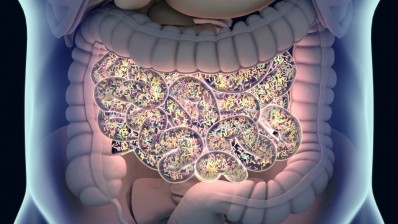Gut microbiota and allergies: Aussie researchers to assess impact on treatment response

The prevalence of hay fever (allergic rhinitis) has increased across the population over the last two decades, with up to 25% of the Australian population now suffering from the disease.
"We are aiming to determine why people respond differently to allergy treatments," said researcher Dr Nic West from Griffith’s Menzies Health Institute Queensland.
"We know that individuals do not respond equally to common treatment strategies and determining why is important to helping people in the community manage their allergy symptoms.
"Gut bacteria are also able to modify the immune system, with studies suggesting that people suffering from allergic rhinitis may have an altered gut bacteria and immune profile.
"A better understanding of this may improve diagnostic and treatments in the future," said Dr West.
Spike in symptoms
Symptoms of allergic rhinitis include sneezing, nasal discharge and congestion, itchy eyes and breathing difficulty.
Triggering allergy symptoms exacerbates other respiratory conditions, particularly asthma, due to irritation of the respiratory tract.
Professor Pete Smith, a Griffith University allergy specialist who also works for the Queensland Allergy Services, noted: "Preventing allergic rhinitis symptoms from worsening is important in the (Australian) storm season, given the spike in respiratory symptoms that required hospitalisation last summer.
"With the earlier than expected warmer weather and tropical wet season approaching, it is almost the perfect storm to create a spike in allergic reactions.
"The warmer weather is conducive to an increase in dust mites around the home, while the storm season increases circulation of dust and pollen, all of which worsen allergy symptoms," said Professor Smith.












